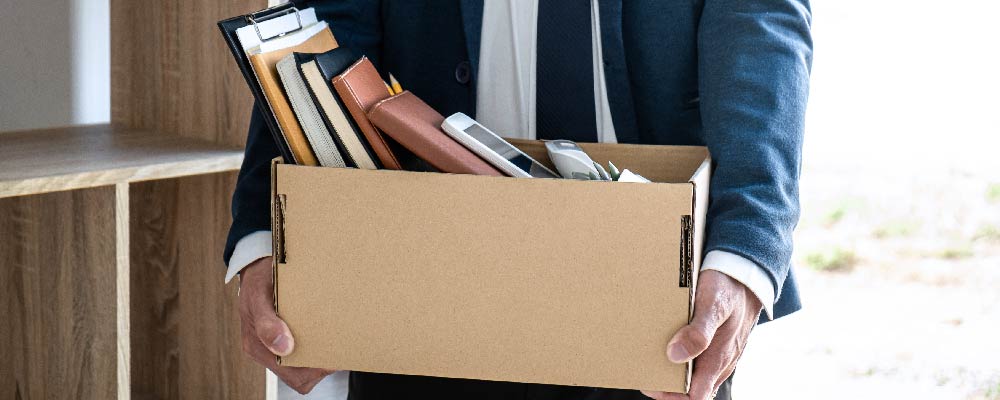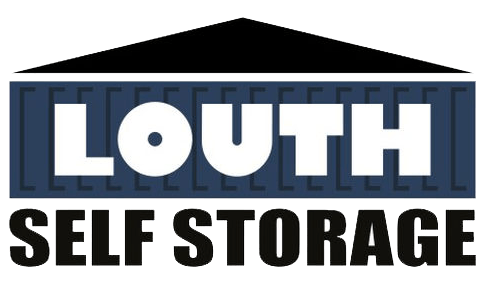How To Archive Documents – the Right Way
Let’s face it — paperwork isn’t exactly the most exciting part of life. But like it or not, we all seem to gather important documents over time like it’s a fun hobby of ours. From birth certificates to bank statements, these papers tell the story of our lives. The question is: what on earth are we supposed to do with them all?
If you’re drowning in a sea of paperwork or if your filing cabinet is bursting at the seams, it’s time to learn the art of document archiving. Don’t worry — it’s not as dull as it sounds. In fact, with the right approach, you might even find it oddly satisfying. So, take a deep breath, relax, and let’s start transforming your paperwork chaos into an organised system!
Why Archiving Documents Matters

Before we get into the nitty-gritty of archiving, let’s chat about why it really matters. Imagine your office or home is like a chaotic scene from “The Thick of It” — clutter everywhere, and it feels like you need a map to find that one important document. With proper archiving you can:
Save Space: Think of it like clearing out the clutter from Malcolm Tucker’s chaotic workspace. Freeing up old files and papers means more room for the important stuff.
Improve Organisation: A tidy workspace makes it much easier to find things. A good system allows you to quickly find documents when needed.
Keep Things Safe: Important documents are less likely to get lost or damaged if they’re stored properly — sort of like how a well-managed office avoids unnecessary drama.
Boost Efficiency: A clutter-free environment enhances your workflow, making operations smoother and keeping vital information easily accessible.
Preparing for Archiving

Sorting Your Documents
Remember that episode of “The Office” when David Brent tries to organise the filing system and ends up making it more complicated? Avoid that by sorting through your documents with a clear plan.
Categorise your documents before deciding what to archive:
1. Keep documents you need to access regularly or those required for legal reasons
2. Archive documents you need to keep but don’t need to access frequently
3. Shred documents that are no longer needed and contain sensitive information
4. Recycle papers that are no longer needed and don’t contain sensitive information
Deciding What to Archive
When deciding what to archive, take into account the following:
Legal and Financial Documents: Tax returns, contracts, invoices, and other important records
Personal Documents: Birth certificates, marriage licences, and other personal papers
Historical Documents: Old photographs, letters, and other items of sentimental value
Business Documents: Old client files, project records, and other business-related paperwork
The Archiving Process

Choosing the Right Storage Solutions
Choosing the right storage option is important for keeping your archived documents safe and organised.
File Cabinets: Ideal for small businesses or home offices with limited space
Document Boxes: Sturdy and stackable, perfect for long-term storage
Digital Storage: Scanning documents and storing them digitally can save space and provide easy access
Labelling and Indexing
Proper labelling and indexing can save you a lot of time when you need to retrieve a document. Here are some tips:
Consistent Labelling: Use a consistent labelling system, such as year and category (e.g. “2024_Taxes”)
Detailed Indexing: Create an index of your archived documents, either in a spreadsheet or a dedicated software program
Colour Coding: Use colour-coded labels or folders to make it easier to identify different categories of documents
Safe Storage Practices
Once your documents are sorted, labelled, and indexed, it’s time to store them safely.
Security: Store documents in a secure location to protect against theft or unauthorised access
Accessibility: Make sure your archived documents are easily accessible in case you need to retrieve something
Digitising Your Documents

In today’s digital age, embracing document digitisation can be a game-changer. It not only saves precious physical space but also adds an extra layer of security to your important records.
Scanning Documents
Investing in a good scanner can make digitising your documents easy peasy. Picture it like upgrading your toolkit with the latest gadget — you want top-notch tech for the task.
Quality Scans
Make sure your scanner produces high-resolution scans so that your documents are clear and legible.
OCR Software
Optical Character Recognition (OCR) software can convert scanned documents into searchable text, making it easier to find specific information.
Organising Digital Files
Just like physical documents, digital files need to be well-organised.
Consistent Naming: Use a consistent naming convention for your digital files
Folder Structure: Create a logical folder that mirrors your physical filing system
Backups: Regularly backup your digital files to an external hard drive or cloud storage service
When Space Becomes an Issue, Why Not Consider Louth Self Storage?
Let’s be honest — not all of us have the luxury of a spacious home office or a roomy attic to store our archives. If you find yourself running out of space, it might be time to consider an alternative solution.
This is where we come into play. At Louth Self Storage, we understand the importance of proper document archiving. Our state-of-the-art self storage facilities offer a range of solutions to meet your archiving needs.
With 24/7 CCTV monitoring, individual unit alarms, and secure access controls, you can rest assured that your documents are safe. Our facilities are also accessible seven days a week, allowing you to retrieve your archived documents whenever you need them.
Don’t let clutter overwhelm you — let Louth Self Storage be your partner in creating a more organised and efficient space. Visit our website or call us now to get started with an instant quote!



